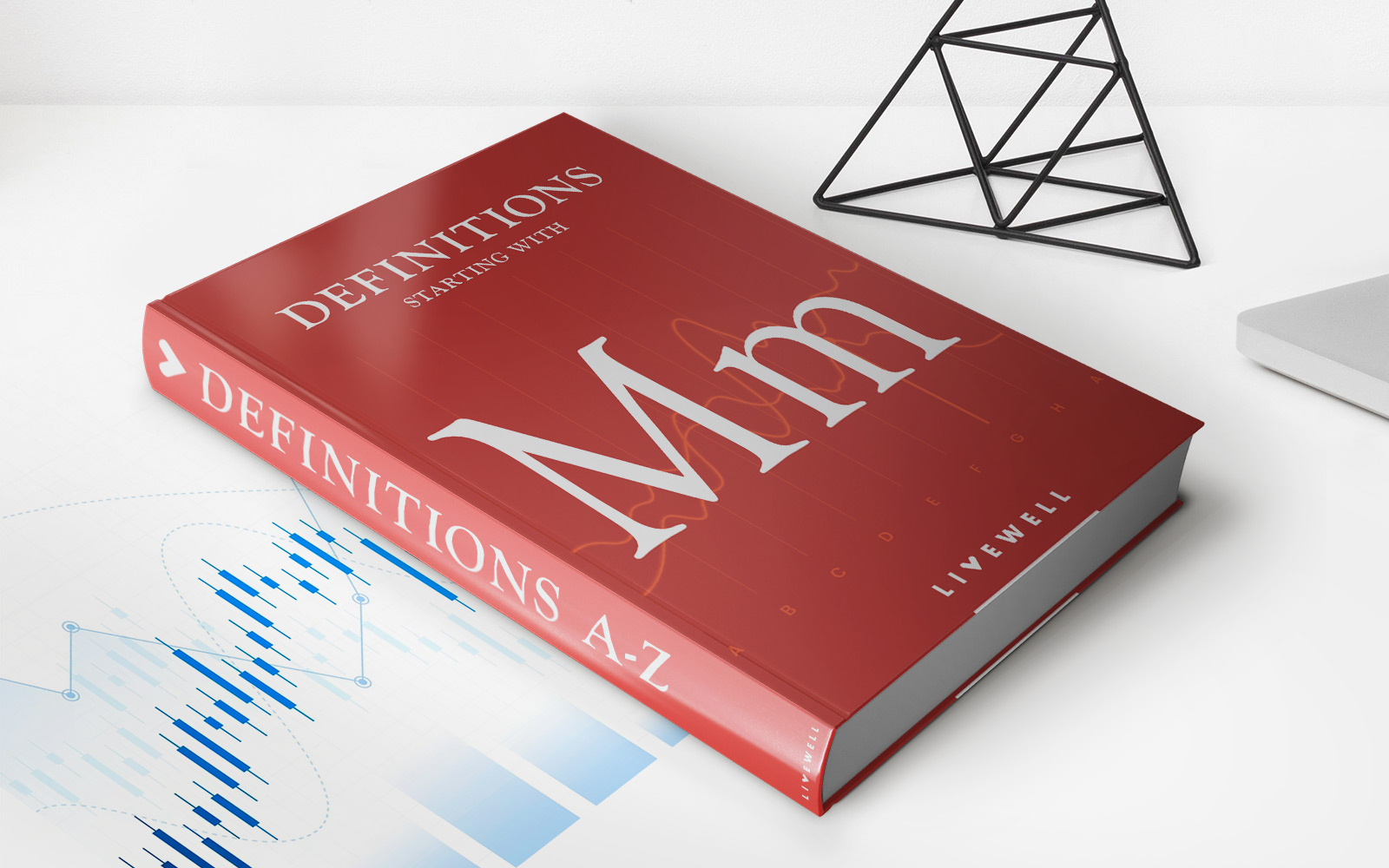Home>Finance>Currency Risk: Definition, Examples, And Ways To Manage


Finance
Currency Risk: Definition, Examples, And Ways To Manage
Published: November 6, 2023
Learn what currency risk is in finance, explore examples of its impact, and discover effective ways to manage this type of risk.
(Many of the links in this article redirect to a specific reviewed product. Your purchase of these products through affiliate links helps to generate commission for LiveWell, at no extra cost. Learn more)
Currency Risk: Definition, Examples, and Ways to Manage
Welcome to our Finance category, where we delve into various aspects of the financial world. Today, we are going to shine a spotlight on a crucial topic that affects businesses and individuals alike – currency risk. But what exactly is currency risk, why is it important, and how can you manage it effectively? Let’s dive in and find out.
Key Takeaways:
- Currency risk refers to the potential loss or gain that can result from fluctuations in currency exchange rates.
- Businesses and individuals face currency risk when engaged in international trade or investments across different currencies.
What is Currency Risk?
Currency risk, also known as exchange rate risk or foreign exchange risk, refers to the potential loss or gain that can result from fluctuations in currency exchange rates. It mainly affects businesses and individuals engaged in international trade, investments, or even traveling abroad.
Why is Currency Risk Important?
Currency risk is vital to understand because it can significantly impact your financial outcomes. Fluctuations in exchange rates can directly affect the value of your assets, liabilities, revenues, and expenses. It can lead to unforeseen losses or unexpected profits, depending on market conditions and the direction of currency movements.
Examples of Currency Risk
Let’s consider a couple of real-life examples to better understand currency risk:
- Example 1: Imagine you are a business owner based in the United States, and you want to expand your operations to Europe. You import goods from Europe and sell them in the US. If the euro strengthens against the US dollar, it might increase your import costs, affecting your profit margins.
- Example 2: As an individual investor, you might want to diversify your portfolio by investing in international stocks. However, if the foreign currency in which you invest weakens against your local currency, it can offset any gains you make in the stock market.
Ways to Manage Currency Risk
While currency risk cannot be entirely eliminated, there are several strategies one can employ to manage it effectively. Here are a few:
- Hedging: Hedging involves using financial instruments such as currency futures, options, or forward contracts to protect against unfavorable currency movements. This allows businesses and individuals to lock in exchange rates, reducing potential losses.
- Diversification: Diversifying your investments across different currencies can help mitigate currency risk. By spreading your investments, you decrease the impact of currency fluctuations on your overall portfolio.
- Monitoring and Analysis: Staying informed about economic and political factors that influence exchange rates is crucial. Monitoring currency trends and conducting thorough analysis can help you make informed decisions and adjust your strategies accordingly.
- Working with a Financial Advisor: Seeking guidance from a qualified financial advisor who specializes in international investments can be highly beneficial. They can provide expert advice and help you develop a tailored risk management plan.
Conclusion
Currency risk is an essential concept to grasp in the world of finance. Understanding its definition and potential implications is crucial for businesses and individuals engaged in international transactions. By managing currency risk effectively through strategies like hedging, diversification, and staying informed, you can mitigate potential losses and maximize your financial outcomes. Remember, knowledge is power when it comes to managing currency risk!
Thank you for joining us in this exploration of currency risk. Stay tuned for more finance-related insights in our Finance category. Do you have any questions or experiences related to currency risk you’d like to share? Let us know in the comments below!














